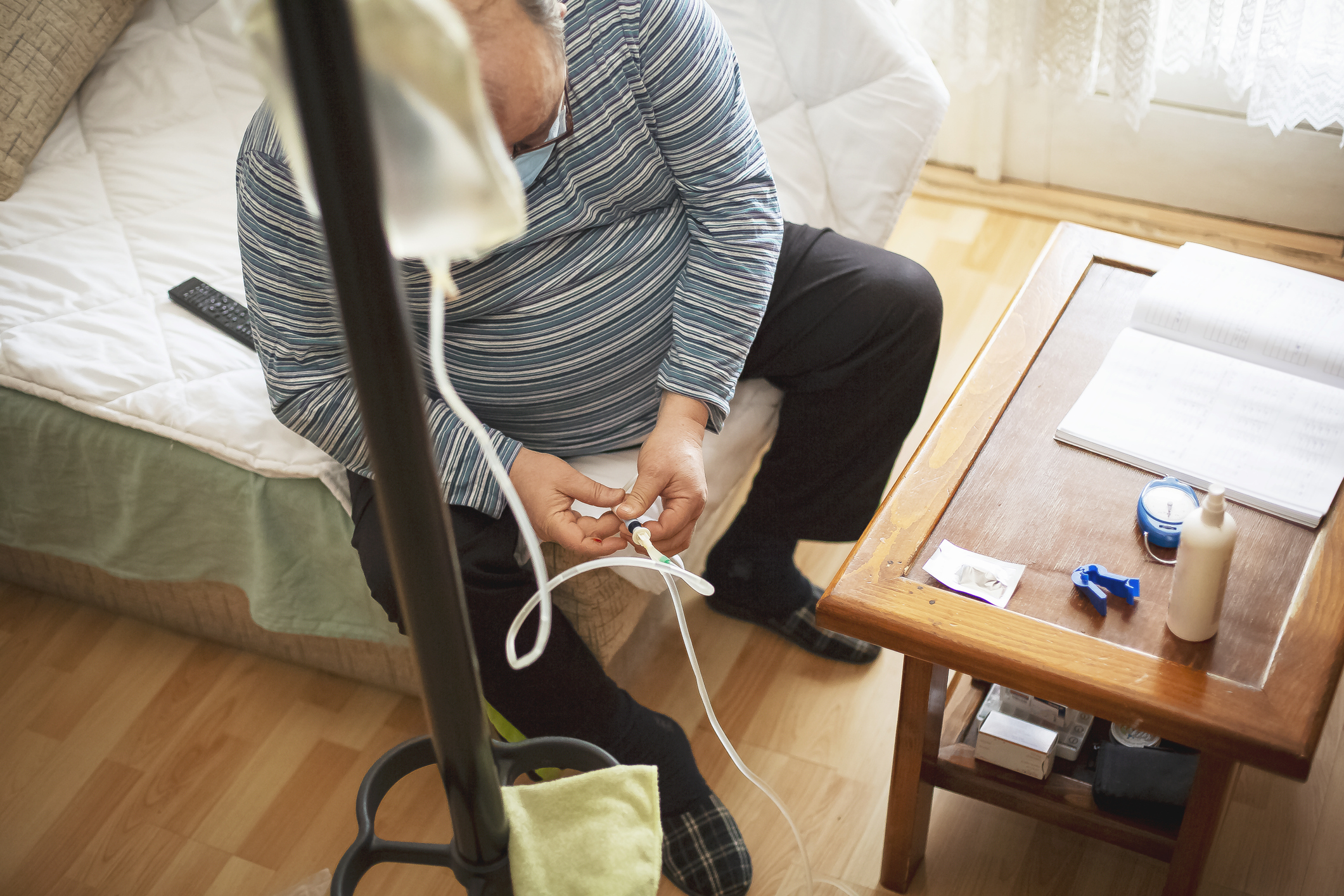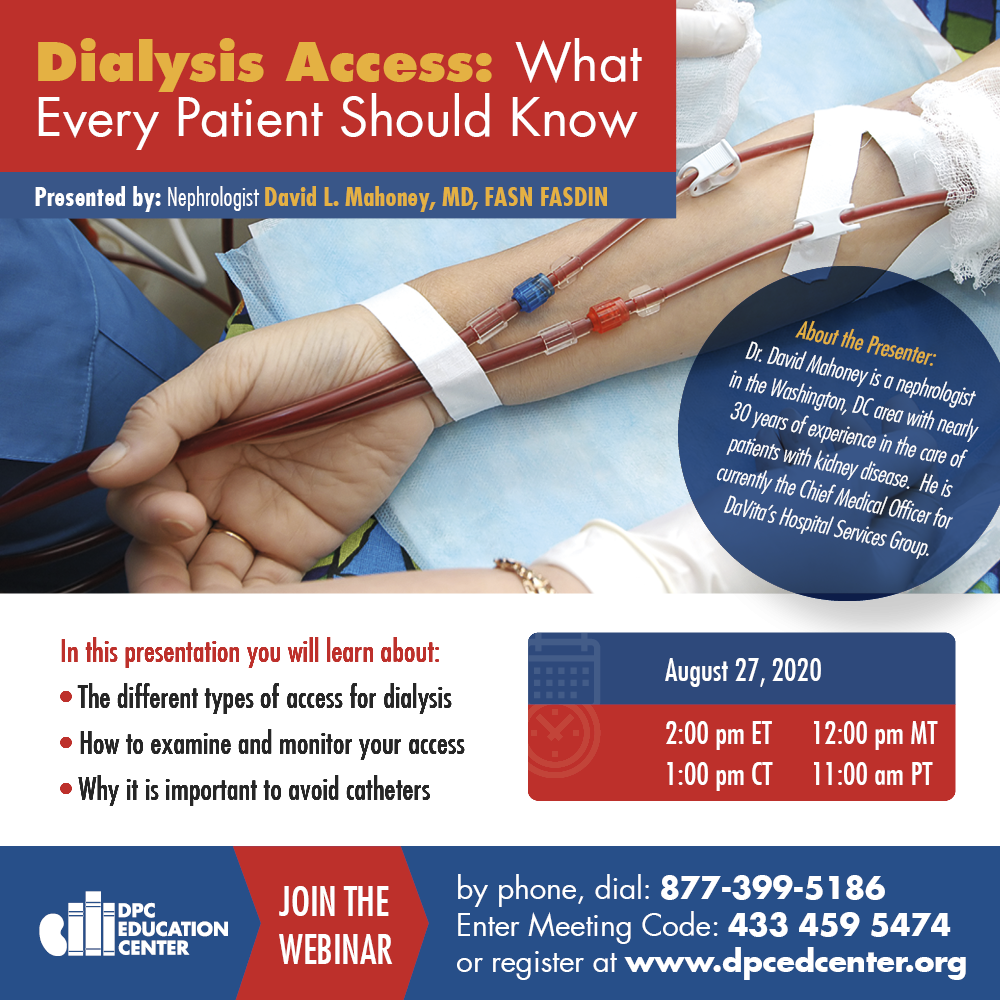There Is No Place Like Home
By Shaminder Gupta, MD, Nephrologist End Stage Renal Disease (ESRD) is a life changing diagnosis and impacts both the patient and the family. While waiting for renal transplantation, renal replacement therapy (RRT) is required to sustain life. RRT, also known as dialysis, can be provided either in-center or at home. Home therapies can either be via peritoneum (PD) or via fistula (HHD). Patients are concerned about their own abilities to provide this life sustaining therapy on their own. This is natural and should be anticipated as a barrier. Most of us, including medical professionals, would also share these apprehensions. Success at [...]










